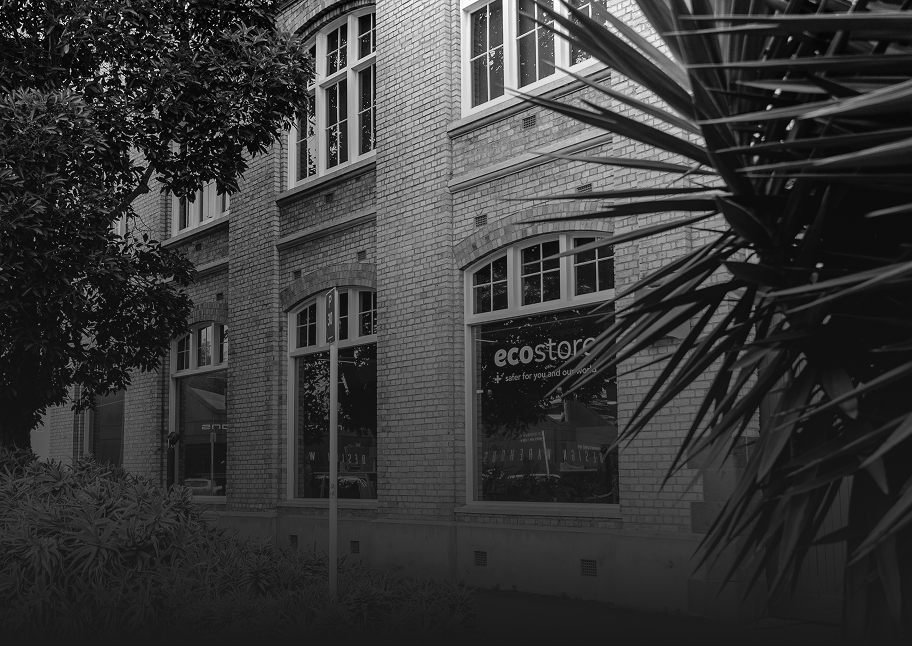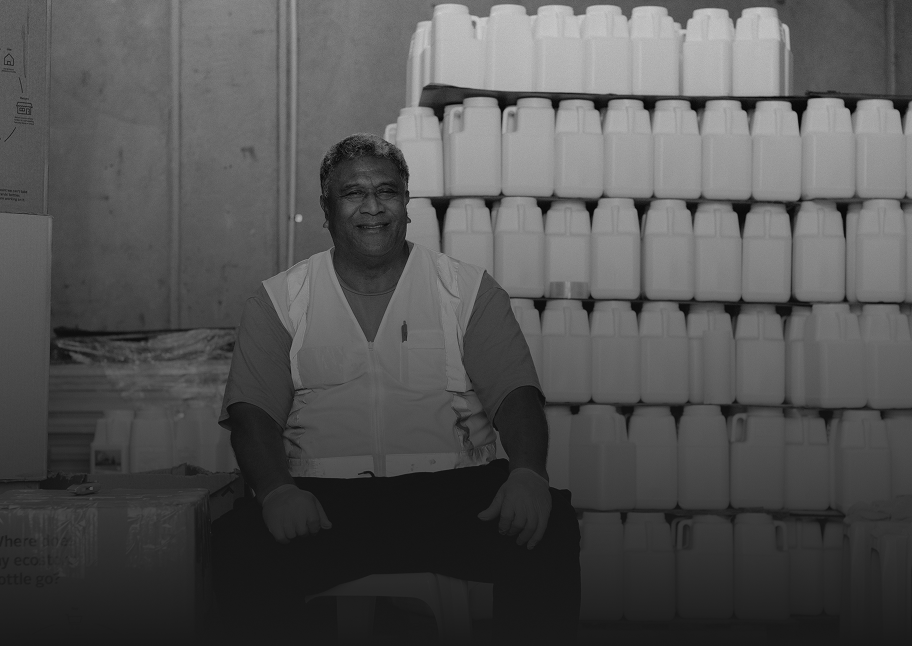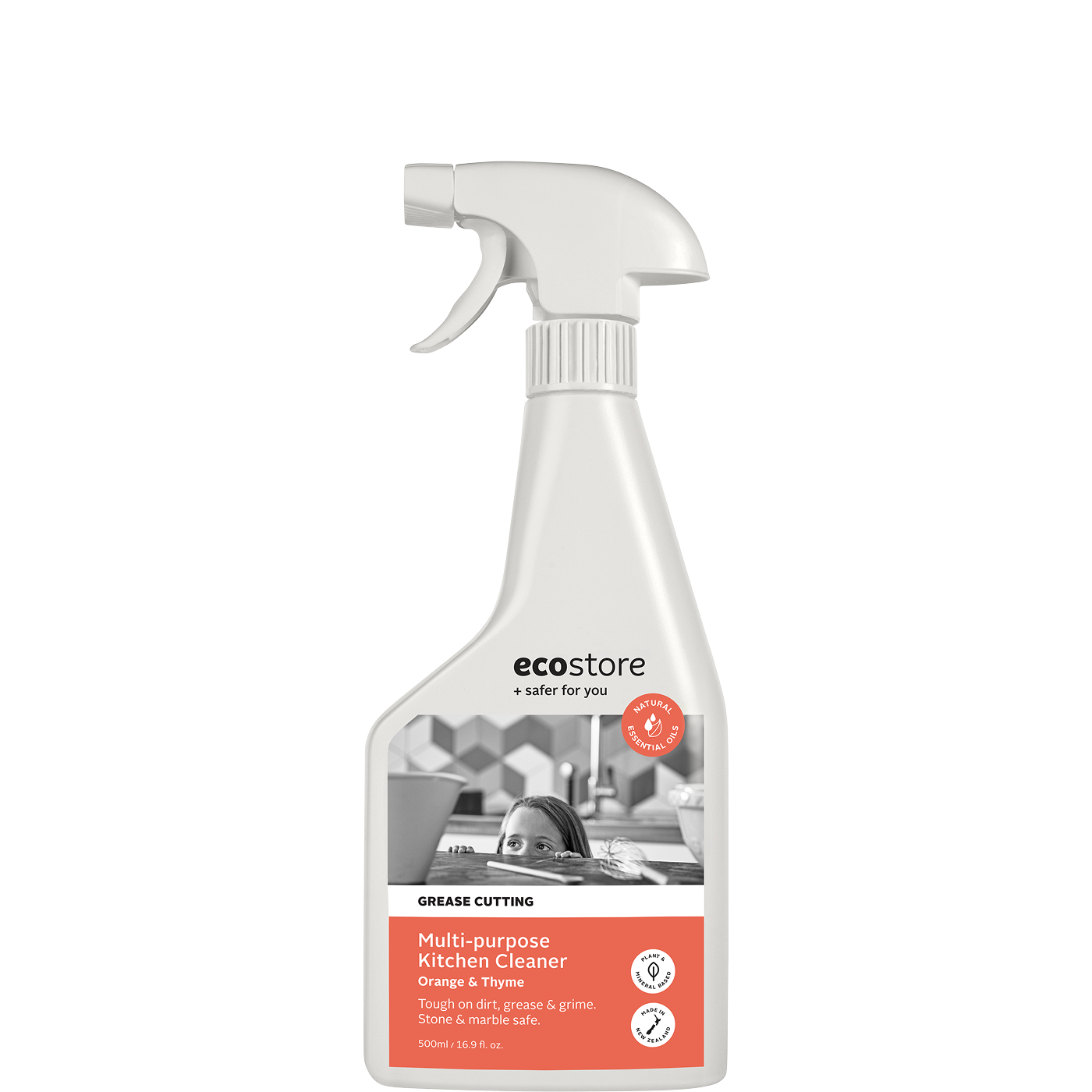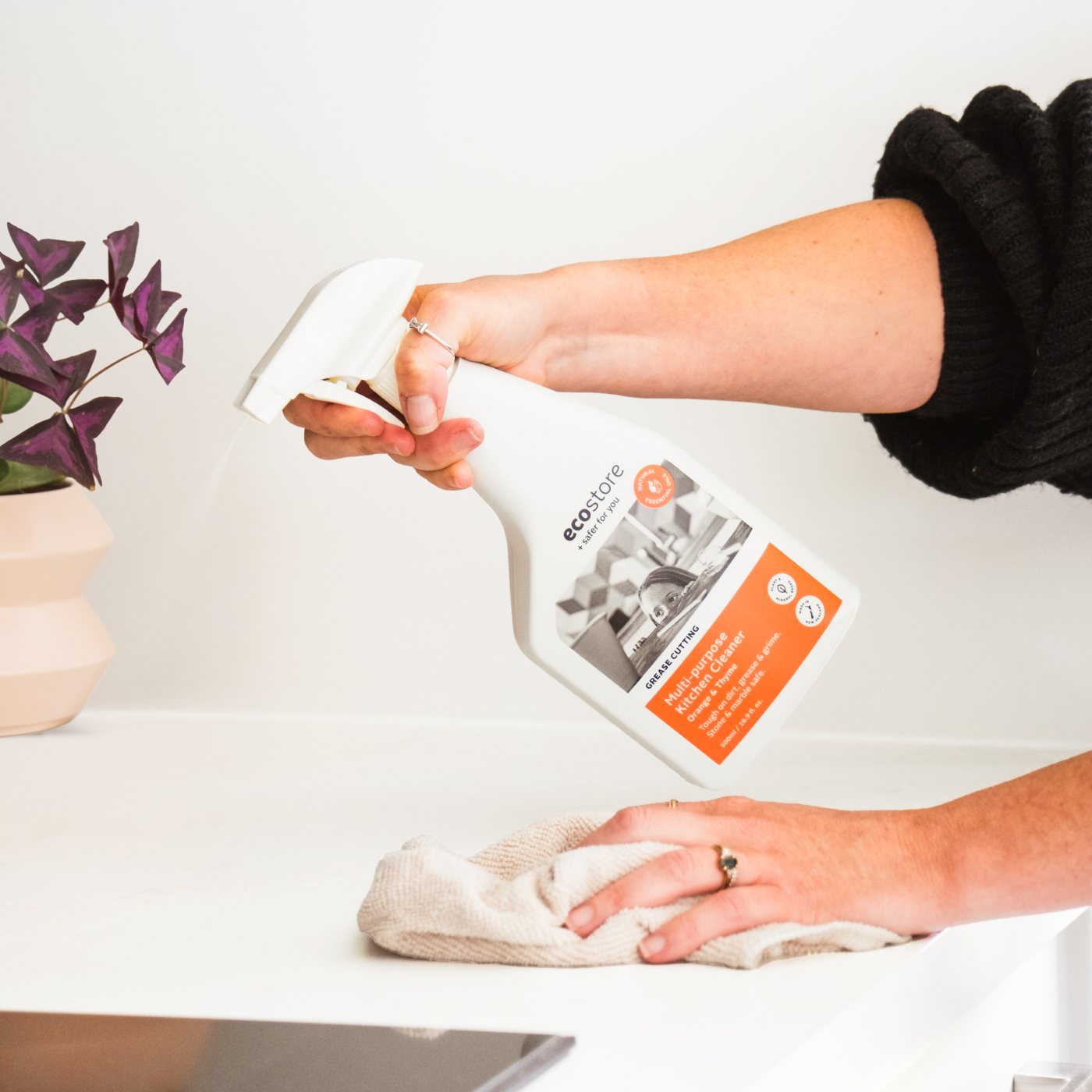Every year, us humans take billions of tonnes of resources from the earth. And each year we return billions of tonnes back to the earth. As landfill. Global Recycling Day every March 18 is a good chance to rethink what we buy, bring home and chuck out.
On every year Global Recycling Day (run by the Global Recycling Foundation) shines a spotlight on our rubbish, and aims to help us not only recycle more effectively, to reduce our waste and get more use and value out of the resources we consume. By recycling right, we can reduce the energy we consume, while protecting our water, air and natural ecosystems from being clogged with pollution. Did we mention we can lower climate change?
It also reduces using new raw materials when we create new products - saving money and natural resources. So the more we recycle what we’d normally throw away, the more we contribute to a more circular system and less wasteful society.
Upcycling, recycling, downcycling – what’s the difference?
Global Recycling Day was recognised by the U.N. in 2018, and recycling itself is recognised in the U.N.’s Sustainable Development Goals 2030. The Global Recycling Foundation works with world political leaders to increase recycling uptake around the world. In 2021, roughly 700 million tonnes of CO2 emissions were saved through recycling efforts, with that number expected to hit one billion tonnes by 2030. A drop in the ocean, compared to what we could save by but applying pressure to governments, and corporations to change the way resources are extracted, manufactured, consumed, and wasted.
No, recycling better won’t save the world on its own. But it is something we can do every day to make a difference – if we do it right. The theme of Global Recycling Day is #RecyclingHeroes – a chance to celebrate environmentally conscious people and organisations, and learn how all of us can crush recycling.
Boost your recycling karma with these handy tips:
In or out?
Know exactly what your local council will and won’t accept in your recycling bin. As a general rule, if it is not packaging (bottles, boxes, jars, tins, cans etc) or paper or cardboard they probably won’t take it to be recycled from your kerbside recycling bin. There’s a lot of difference between individual councils – and bigger towns don’t always have better facilities. But most councils do have a website where you can find out they will accept, and where to drop off other recyclable items.
Tip: look on or under the lid of your kerbside recycling bin - these often detail what can go in.
Nope, nah, no way
#Recyclingheroes 101 – know what doesn’t go in the kerbside recycling. Although where you live has a huge influence on what you can recycle, the items below won’t get recycled (ending up in landfill) when you put them in your kerbside bin. And worse, they can contaminate the recycling process, so other stuff can’t be recycled. Yup. In fact ,just one of these items in your recycling bin could mean the whole kit, kaboodle and kitchen sink* has to go to landfill. Eeew.
- Batteries, cords and other e-waste
- Plastic bags
- Broken mirrors or other glassware
- Clothing and textiles
- Food containers with food in them
- Building materials, like bricks, wallboard, or timber
- Paper towels, toilet paper or tissues
*Kitchen sinks definitely don’t go in the kerbside recycling
The soft option
Soft plastic packaging can’t be recycled through most kerbside recycling services. If it scrunches, it can be recycled through the Soft Plastics Recycling Scheme and stays out of landfill (or worse, our waterways). Give your empty (and clean) chip packets, cracker wrappers, rice and pasta bags a new lease on life as they’re turned into useful stuff like fence posts, park benches and playgrounds. So while they’re downcycled instead of being recycled for the same use again, you are still helping to conserve resources by recycling soft plastics.
Foiled again
It is possible to recycle aluminium foil (tinfoil), as long as you have enough of it. The trick is to smoosh the foil into a ball at least as big as the size of your fist - you might need to save bits up until you have enough to do this. You can also put small pieces into an aluminium can, although this may not be easy. Large foil roasting trays and pie dishes can go straight into your recycling bin loose.
Find out how the numbers game affects plastic recycling.
(Recycling) bin that thing!
So now you have a fair idea of what can be recycled, there are a few things to remember about putting them in the bin. Yes, it’s a lot of rules to remember - but we’re trying to get it right, because our planet depends on us.
- Don’t put your recyclables in plastic bags, or tie them together
- Rinse containers – small amounts of food won’t affect glass or metal recycling, but actual humans do a lot of the sorting, so it’s good to consider what they have to deal with
- Flatten boxes and remove large bits of tape (staples are ok)
- Check your council for whether they’re ’tops off’ or ‘tops on’ when it comes to your plastic bottle caps
See what we're doing about recycling, refilling and reducing.
Read more

While the media portrays mass divides, the past two years has illuminated the pockets of community who are willing to come together against all odds. As the price of necessities continues to rise -...

When you open your calendar, or even your Google homepage, it can feel like there is an international day for almost everything. As a result, some of the important ones seem to get lost in the crow...






